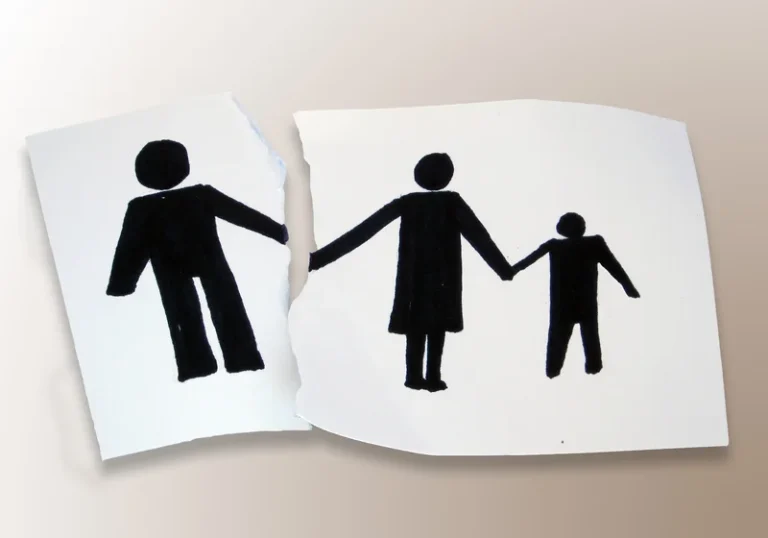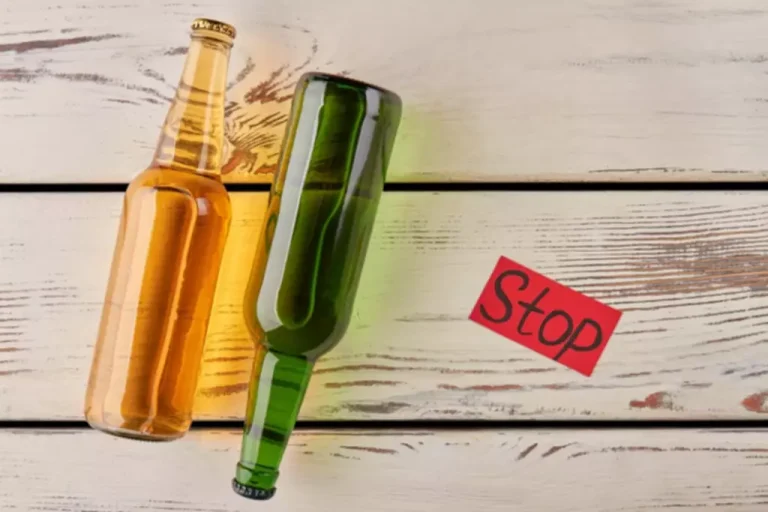
We have inpatient and outpatient facilities nearby and across the country ready to help. If this person does have an alcohol misuse problem, this is a larger issue than you alone can handle, and your employer must remain aware of your concerns. When you call our team, you will speak to a Recovery Advocate who will answer any questions and perform a pre-assessment to determine your eligibility for treatment. If eligible, we will create a treatment plan tailored to your specific needs.

How the Workplace Can Help Employees Struggling With Alcohol Addiction
- The negative effects of alcohol in the workplace undoubtedly influence an organization.
- Alcohol use can factor into mental health symptoms that closely resemble those of other mental health conditions.
- Conroy said Katz had bought at least one other charged lemonade in the days prior to her cardiac arrest.
- Just remember to drink responsibly and in moderation to avoid any negative effects on your health or well-being.
Conroy said Katz had bought at least one other charged lemonade in the days prior to her cardiac arrest. “But some of the smaller studies have shown that energy drinks, drinks that have caffeine plus other ingredients like taurine, other things, might be a little riskier,” Berul said. Conroy described Katz as an excellent student and “the most involved and passionate person I’ve ever met,” someone who would smile and wave to everyone on campus. She was careful to tell people that she couldn’t consume energy drinks and made other modifications for her health condition, but she “never let it stop her from achieving the things that she wanted to do,” Conroy said.
More on Substance Abuse and Addiction
Sign up for free and stay up to date on research advancements, health tips, current health topics, and expertise on managing health. Keep a detailed record of the conversation, including the date, time, what was discussed, and any agreed-upon actions. Documentation is crucial for any future steps that may need to be taken.
- After-work drinking culture has traditionally been a staple of certain professional environments, serving as a means of socializing, networking, and unwinding after a long day.
- Those with professions such as office workers, lawyers, doctors, accountants, and management, may also find themselves struggling to control their drinking habits.
- “Excessive alcohol consumption can cause nerve damage and irreversible forms of dementia,” Dr. Sengupta warns.
- Your health insurance company will only pay for services that it determines to be “reasonable and necessary.” The treatment center will make every effort to have all services preauthorized by your health insurance company.
- It’s essential to acknowledge that reducing or quitting alcohol can significantly improve both physical and mental health, and professional help can offer the necessary guidance and support for this journey.
Consequences of Alcoholism on Employees & Employers

These effects might not last very long, but that doesn’t make them insignificant. Impulsiveness, loss of coordination, and changes in mood can affect your judgment and behavior and contribute to more far-reaching effects, including accidents, injuries, and decisions you later regret. Dehydration-related effects, like nausea, headache, and dizziness, might not appear for a few hours, and they can also depend on what you drink, how much you drink, and if you also drink water. Some of these effects, like a relaxed mood or lowered inhibitions, might show up quickly after just one drink.

Signs of Alcohol Dependence at Work
Unhealthy alcohol use includes any alcohol use that puts your health or safety at risk or causes other alcohol-related problems. It also includes binge drinking — a pattern of drinking where a male has five or more drinks within two hours or a female drinking after work has at least four drinks within two hours. Tolerance and dependence can both happen as symptoms of alcohol use disorder, a mental health condition previously referred to as alcoholism, that happens when your body becomes dependent on alcohol.
After-work drinking is a prevalent social practice where employees engage in consuming alcoholic beverages following the end of the workday. This routine is often viewed as a way to decompress, transition from work to personal time, and foster camaraderie among colleagues. Its prevalence is notable, with some individuals spending significant time and money on these activities, as evidenced by reports indicating American workers may spend upwards of $3,000 a year on after-work drinks. The social aspect of this practice is underscored by its role in team bonding, with one in three workers believing it beneficial for strengthening team dynamics.

Potentially relevant studies were independently assessed in full-text format for eligibility by two reviewers. Initial disagreements were resolved through discussion, without the need for consulting a third reviewer. Drinking moderately if you’re otherwise healthy may be a risk you’re willing to take. But heavy drinking carries a much higher risk even for those without other health concerns. Be sure to ask your healthcare professional about what’s right for your health and safety. In the past, moderate drinking was thought to be linked with a lower risk of dying from heart disease and possibly diabetes.
- Additionally, stress management techniques like meditation, exercise, or engaging in hobbies can offer the relief traditionally sought from alcohol.
- It’s possible that some chemicals in wine and how the body responds to them could result in a headache after drinking wine.
- Persistent after-work drinking can disrupt the neurotransmitter balance within the brain, affecting mood and behavior.
- Drinking too much alcohol over time may cause inflammation of the pancreas, resulting in pancreatitis.
When Alcohol or Drugs Interfere With Your Work
We were unable to locate standardised extraction forms appropriate for this review. MEDLINE, Web of Science, PsycINFO, CINAHL, AMED, Embase and Swemed+ were searched through October 2018. Reference lists in included studies were https://ecosoberhouse.com/ hand searched for potential relevant studies. When it comes to alcohol, if you don’t drink, don’t start for health reasons. But ask your healthcare professional if this is safe for you and how much medicine is best for you.
- If you suspect an employee may need help, it’s essential to provide access to the professionals who can adequately screen and assess them to determine treatment needs.
- After-work drinking is a common social practice that, while seemingly harmless, can escalate into health risks and dependence.
- But at 390 milligrams, the large charged lemonade has more caffeine than any size of Panera’s dark roast coffee, the complaint says — numbers that the nutrition facts on Panera’s website confirm.
- When you drink too much alcohol, it can throw off the balance of good and bad bacteria in your gut.
After-Work Drinking and Liver Health
If the end of your workout overlaps with the beginning of a social function, completing your workout is most likely better than not doing it at all. But aside from celebrating the end of a training season, tough race, or long day, you may wonder whether drinking alcohol after working out serves a purpose. About 10% of Americans have experienced drug addiction at some point in their lives. If one of your employees is struggling with this disease, you might be tempted to fire him or her. Employees who may be in recovery or simply choose not to drink might feel uncomfortable in an environment where alcohol is abundant.